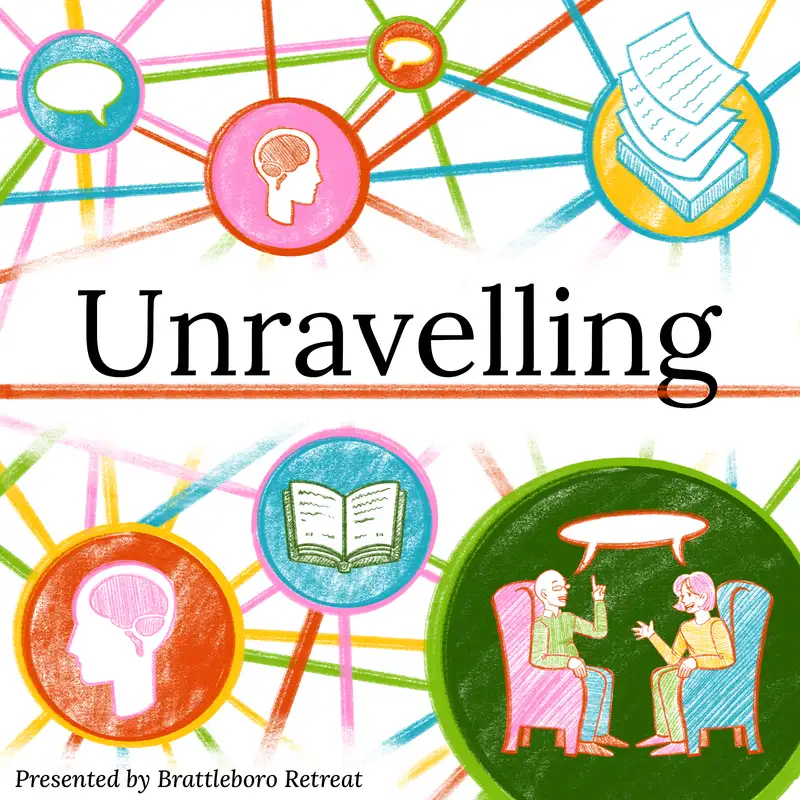Demystifying non-suicidal self-injury
In this episode, Kurt sits down with guest Dr. Stephanie Jarvi Steele, a clinician and researcher who has extensive experience and knowledge about "non-suidical self-injury". In this detailed and thought provoking interview, she helps unravel common misperceptions about NSSI, including it's differentiation from suicidal behavior, and its complicated relationship to suicidal thinking. We discuss myths about the topic - like that there is a contagion effect to discussing it or sharing information about it - as well as the varying groupings of motivation for those who engage in this behavior.
Resources:
Dr. Steele referred at an article of hers about contagion we discussed, and generously wanted to let folks can also email her directly at ssteele@smith.edu for the full paper.
Dr. Steele's faculty page at Smith College
Dr. Steele's faculty page at Smith College
Dr. Steele Bio:
Dr. Stephanie Jarvi Steele is an Assistant Professor in the Psychology Department at Smith College. Dr. Steele directs the Behavioral Assessment of Self-Injury Lab (BASIL), which aims to further elucidate risk factors for self-injurious thoughts and behaviors. She regularly teaches undergraduate classes on Abnormal Psychology, Personality Disorders, and a seminar on high-risk behaviors in psychological disorders.
Dr. Steele is a licensed clinical psychologist in Massachusetts; she earned her Ph.D. in clinical psychology at Suffolk University in Boston and completed her predoctoral clinical internship at the Warren Alpert Medical School of Brown University, followed by a postdoctoral fellowship at Boston University. Dr. Steele has published extensively on the topic of non-suicidal self-injury, or "NSSI", for more than a decade, and is currently working on projects related to NSSI and self-disugst, and understanding NSSI among parents.
Dr. Steele is a licensed clinical psychologist in Massachusetts; she earned her Ph.D. in clinical psychology at Suffolk University in Boston and completed her predoctoral clinical internship at the Warren Alpert Medical School of Brown University, followed by a postdoctoral fellowship at Boston University. Dr. Steele has published extensively on the topic of non-suicidal self-injury, or "NSSI", for more than a decade, and is currently working on projects related to NSSI and self-disugst, and understanding NSSI among parents.
